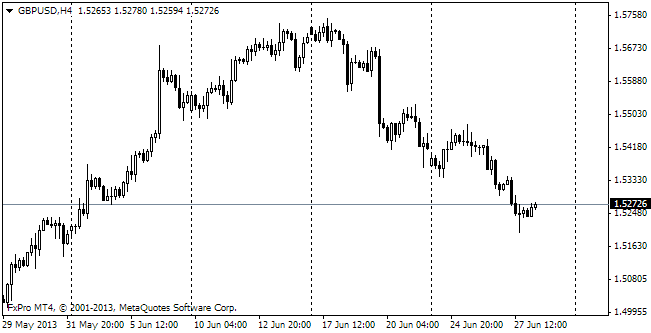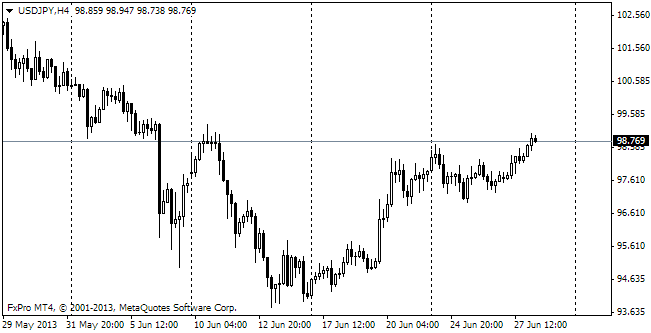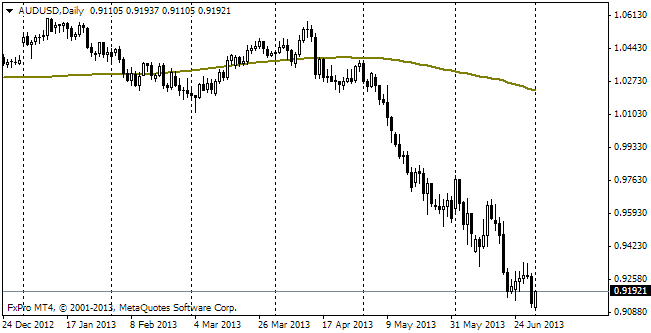EUR/usd
1.2859 is another new low in eurusd. Since the moment when this low was hit at the beginning of the EU session the pair has been consolidating above 1.2900. Though it is hard to believe in growth of the single currency on some good news from the eurozone, there will be reasons for a pullback in the pair. Now market participants are building the earlier end of the QE programme and/or the earlier beginning of rate increases into the rates. It is obvious from the reaction of the debt and stock markets, but the currency market seems to have already made the most of this topic. So, here on the contrary we see anticipation of correction in USD after its considerable and sharp appreciation. The dollar index hasn't been so overbought since 2008. And although we believe that the US currency will continue its ascent, the need for correction has become acute. For the dollar risks can be posed both by the consumer sentiment and the retail sales report, scheduled for release at the end of the week. Very many have also forgotten about the poor rate of employment growth in August (142K), which can also have its effect. Should the correction develop, EURUSD will be able to recoup some of its losses, suffered at the end of the previous week. Yet, the current correction will hardly limit itself to 1.30. Most likely, it will go up to 1.3150. But for further growth a more serious reason will be required.
GBP/USD
The cable remains under pressure. Some commentators say that the initial reaction was a result of activity of quick speculators and that big strategic players are joining the game only now. Yesterday gbpusd got close to 1.6050, but for now it enjoys good demand around this level. The reason is that the BOE's President Mark Carney, despite his intention to prepare the market for the rate increase, still doesn't hurry with this event. In his yesterday's speech he mentioned that the rate can be raised at the beginning of the next year, if wages resume their growth. Again ‘if' and ‘ when'. In the meantime, players are getting rid of the sterling, fearing losses in case Scotland votes for independence.

USD/JPY
The Japanese yen is still suffering the anti-rally. Despite weakness of the US stock market yesterday, the yen is eagerly sold. The Bank of Japan, which is the biggest buyer of public debt, now has to purchase it at negative interest rates. Under such circumstances JPY's decline will be the least painful thing and will entail increase in the bond interest rates.

AUD/USD
The aussie got on the move. The market has been getting rid of the AU currency for three days in a row. The pair is now trading at 0.9130, which is two figures below the weekly open. The pair has tumbled down below its 200-day MA, also depreciating against most of its rivals. The weakness of the AU currency can be explained by the correction in AUDJPY. Beware tomorrow's employment statistics. It is expected that they will show unemployment reduction and employment growth by 15K. But the pair behaves as if it anticipated deterioration.
